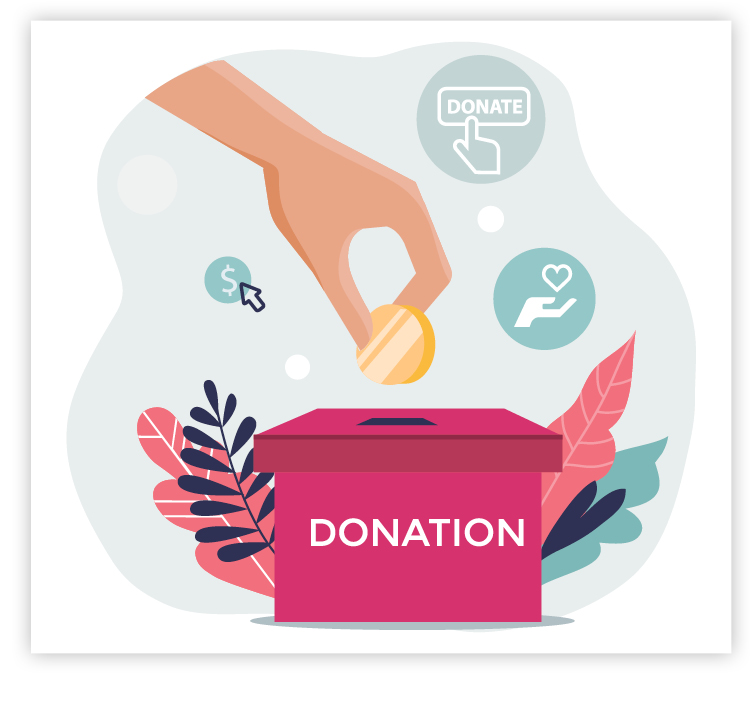|
CUSTOMER ALERT — CHARITY SCAMS EXPLOIT COMPASSION

 A global crisis — from a natural disaster to a humanitarian emergency — will evoke a powerful urge to help. Scammers exploit this compassion for their own gain, weaving elaborate webs of deceit disguised as charitable efforts.
A global crisis — from a natural disaster to a humanitarian emergency — will evoke a powerful urge to help. Scammers exploit this compassion for their own gain, weaving elaborate webs of deceit disguised as charitable efforts.
Here are the most common types of fraud used by scammers after such tragedies:
- Fake websites or social media pages that look like they belong to a legitimate charity - Scammers will use the same name or logo as a legitimate charity, or a similar name or logo. They may also copy the charity's website design or create a fake website that uses a similar web address as the real charity.
- Crowdfunding scams - We've all seen people ask for donations on social media to help fund someone's medical bills or provide aid following a natural disaster. Keep in mind that scammers also use sites like Go Fund Me with fake stories to solicit donations.
- Direct contact with people to ask for donations - This can be done in person, by mail, by phone, or via email, text message, or social media messaging. The scammer may claim to be a representative of a legitimate charity, or say that they're raising money for a specific individual or family in need.
To protect yourself from these scams, always verify before donating to any charity by using independent resources like Charity Navigator or GiveWell. One rule of thumb that works consistently is to ignore unsolicited pitches. If you didn't call, text, or email the organization, don't respond. You're better off sending money directly to the charity of your choice.

©2024 Cornerstone Group
Trademarks: All brand names and product names used in here are
trade names, service marks, trademarks or registered trademarks of their
respective owners.
Privacy Policy
|
|


 A global crisis — from a natural disaster to a humanitarian emergency — will evoke a powerful urge to help. Scammers exploit this compassion for their own gain, weaving elaborate webs of deceit disguised as charitable efforts.
A global crisis — from a natural disaster to a humanitarian emergency — will evoke a powerful urge to help. Scammers exploit this compassion for their own gain, weaving elaborate webs of deceit disguised as charitable efforts.